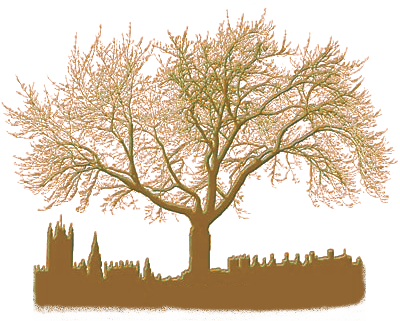Income Tax for the Self Employed
Redhill accountants, Linda Baharier can help you deal with the tax system when you become self employed
The first step is to register with HMRC. As soon as you start working for yourself, you have to register with HM Revenue & Customs. By law you have to notify them within three months of becoming self employed. Failing to do this can result in being landed with a hefty penalty.
Working for yourself means you are also liable to pay class 2 NIC (national insurance contributions) and you have to notify HMRC of this by the last day in January of the year following the end of the tax year. As with everything else with HMRC, they are encouraging more and more online communication, so you can register online. Alternatively you can also register with them by telephone or by using form CWF1.
Being self-employed you will find that the tax rules and process are different than you experienced as an employee. Instead of having tax and national insurance taken each month from your pay automatically (PAYE) you pay a tax bill after the fact. This is something you have to plan for as it can be a nasty surprise, especially if you haven't prepared and planned for it. This is the chief reason for you to seek professional advice on the subject.
When I am earning my own money, what is it that HMRC will take tax on?
Working out what it is that HMRC will tax basically comes down to your profit and loss account. You have to calculate what your taxable profits are based on what comes in and what goes out. After this, you can claim deductions based on the expenses you have incurred in working. These deductions are possibly the most complex aspect of personal taxation.
The largest expenses to come under deductions are capital allowances. These are equipment or vehicles purchased for the business, a portion of the cost of these can be deducted from your tax payments. Wages paid to employees (even if the employee is your spouse) are deductable, but not for yourself. Before you decide to employ close family, you have to bear in mind that they have to be paid for work that have actually done. The rate of pay needs to be a reasonable amount for what work is done.
How does HMRC decide which tax year my profits were made in?
The system is a little complicated and this is to make it fair. Although it is complex, the whole idea is to make sure that you are only ever taxed once for each penny of profit you make. Over the entire lifetime of your business, you will be taxed in full even though it may not be simple.
Generally, you have a date which is the anniversary of the date your business was started, this is where your tax year starts and ends. It can be any date of the year, but is the same date each year.
How will HMRC collect tax from me if I become self employed?
The first step in the process is your tax return.Your accounts covering your tax year 2010/11 (i.e. ending before 5 April 2011) need to be calculated and your return submitted to HMRC by the end of January 2012 (for online returns if you file a paper tax return they want it by the end of October 2011). The tax return covers a self-assessment of what you need to pay for income tax and capital gains tax. Late tax returns will result in automatic fines. If you are in the construction industry or connected such as landscaping and tree surgery then you will need to be CIS registered. In this case when you work for a person or company that is PAYE/CIS registered they will deducted 20% of your earnings at source, though when a return is done there is normally a refund.

